Pristine Organics Beginnings Corn Flakes, 300g
₹195.0
- Healthy breakfast cereal
- Made from organic ingredients
- High in dietary fiber
- Enriched with vitamins
- Gluten-free
Weight: 300 Gram
- Description
- Additional information
- Reviews (0)
- Q & A
- Sustainability Remark
- More Offers
- Store Policies
- Inquiries
Made from whole corn, grown and processed organically, Beginnings organic corn flakes have a rich flavour that pleases both kids and adults alike. Perfect alone or paired well with milk, it gives you a happy, wholesome crunch. Loaded with essential nutrients, corn flakes enhance your breakfast into a healthy and delicious diet. Free from fertilisers, chemicals, and additives, it is rich in dietary fibre, gluten-free, and contains no added sugar.
Mix some warm milk and enjoy bowlfuls of fresh corn flakes to brighten up your mornings. You can easily make your breakfast porridge with the corn flakes and enjoy a delicious and fulfilling breakfast. Enjoy the natural flavor of the corn with all the advantages of organic farming.
Get ready for healthy and worry-free beginnings.
Corn, also known as sorghum is widely cultivated and consumed across many states in India. It is rich in potassium, phosphorous, calcium, iron, and zinc. Sorghum grain and its flour is a good gluten-free product and can be used as a substitute for wheat. It has a smooth texture and a mild sweet taste. It helps in weight loss and is a great source of protein. The rich fibre content in corn helps in weight loss and also equips in regular bowel movement by flushing toxins out of the body. It manages diabetes by slowing down sugar absorption, thereby preventing overeating. It is also high in antioxidants, which help fight inflammation. It is rich in micronutrients like zinc, magnesium, potassium, copper, calcium, selenium, fatty acids, and amino acids.
The staple food of ancient India was millet, not rice. Millet is high in fibre, rich in essential amino acids, vitamins, and minerals, naturally gluten-free, alkaline, non-allergenic, and easily digestible. A low glycemic index makes them an ideal rice substitute, good for cholesterol, diabetes, and weight loss.
| Nutrient | Per 100g |
|---|---|
| Energy | 393 kcal |
| Protein | 9.9 g |
| Carbohydrates | 81.3 g |
| Sugar | 0.0 g |
| Dietary Fibre | 9.4 g |
| Fat | 3.2 g |
Ingredients:
Organic Corn Flour, Organic Guava Powder, Organic Papaya Powder, Vitamins, Ferric Pyrophosphate and Salt.
Directions for use:
Can be had with hot or cold milk, soya milk or fruit juice – add chopped fruit & nuts as you wish.
Storage conditions:
Store in a cool and dry place. After opening the pack keep the contents in an airtight container.
Shelf life:
Best before 9 months from the date of manufacture
| Weight | 300 kg |
|---|---|
| brands | Pristine Beginning |
You must be logged in to post a review.
Q & A
Organic cereals can be considered more sustainable than conventional cereals for several reasons:
Reduced use of pesticides and fertilizers: Organic farming avoids the use of synthetic pesticides and fertilizers, which can harm the environment and can also have negative impacts on human health. Instead, organic farming uses natural methods to control pests and fertilize the crops.
Soil conservation: Organic farming practices prioritize soil health, using techniques such as crop rotation, cover cropping, and composting to maintain and improve soil fertility and prevent erosion.
Water conservation: Organic farming can also help conserve water by promoting practices like drip irrigation and rainwater harvesting.
Reduced greenhouse gas emissions: Organic farming typically requires less energy and emits fewer greenhouse gases than conventional farming. This is because it avoids the use of synthetic fertilizers, which require a lot of energy to produce and transport.
Support for local communities: Organic farming often supports local communities, as it typically involves smaller-scale, independent farmers who sell their products directly to local markets.
However, it's important to note that organic farming is not a panacea for all sustainability issues. Organic farming can have lower yields than conventional farming, which can lead to increased land use and potentially higher greenhouse gas emissions if more land is needed to produce the same amount of food. Additionally, organic farming may not be accessible or feasible for all farmers, especially those in developing countries.
General Inquiries
There are no inquiries yet.

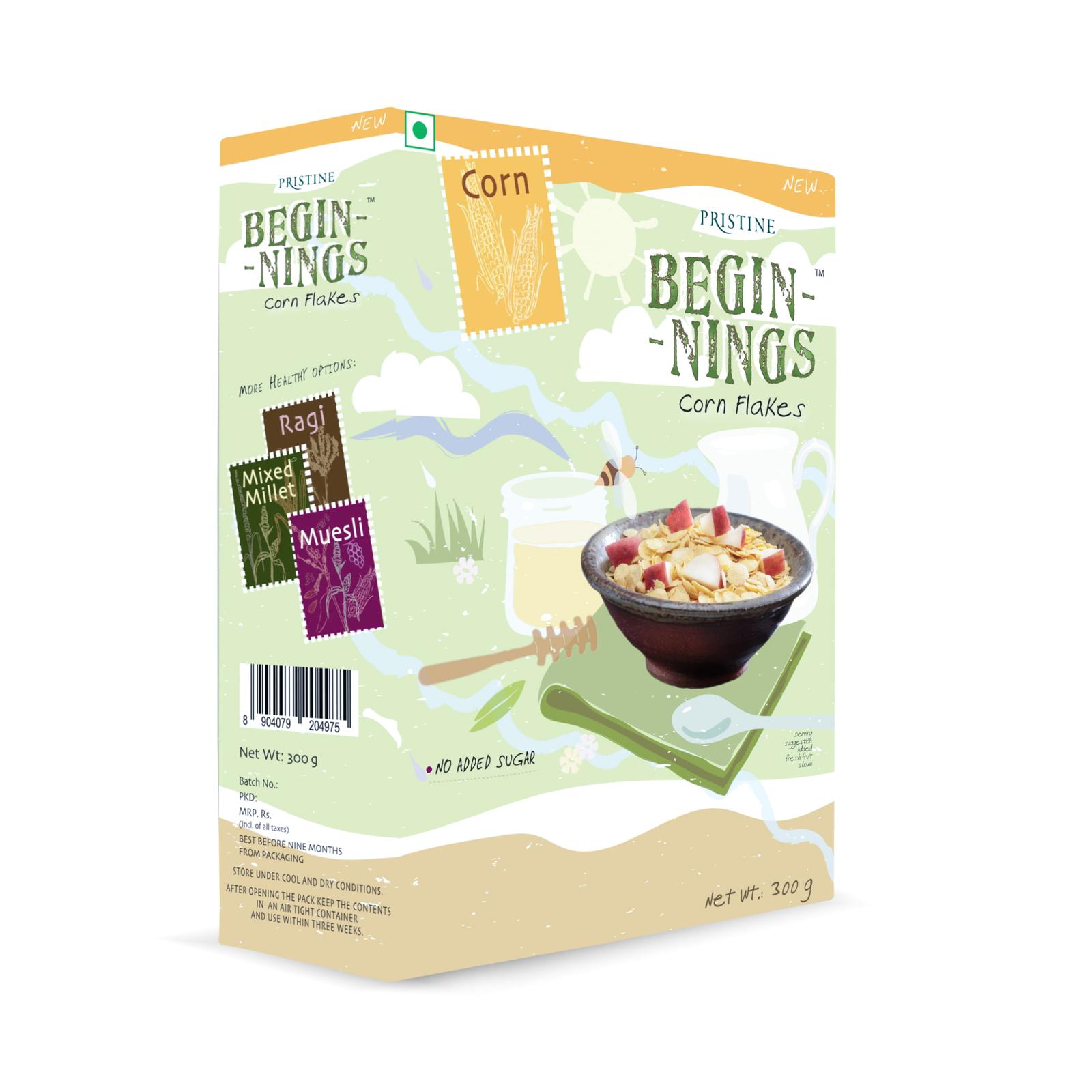
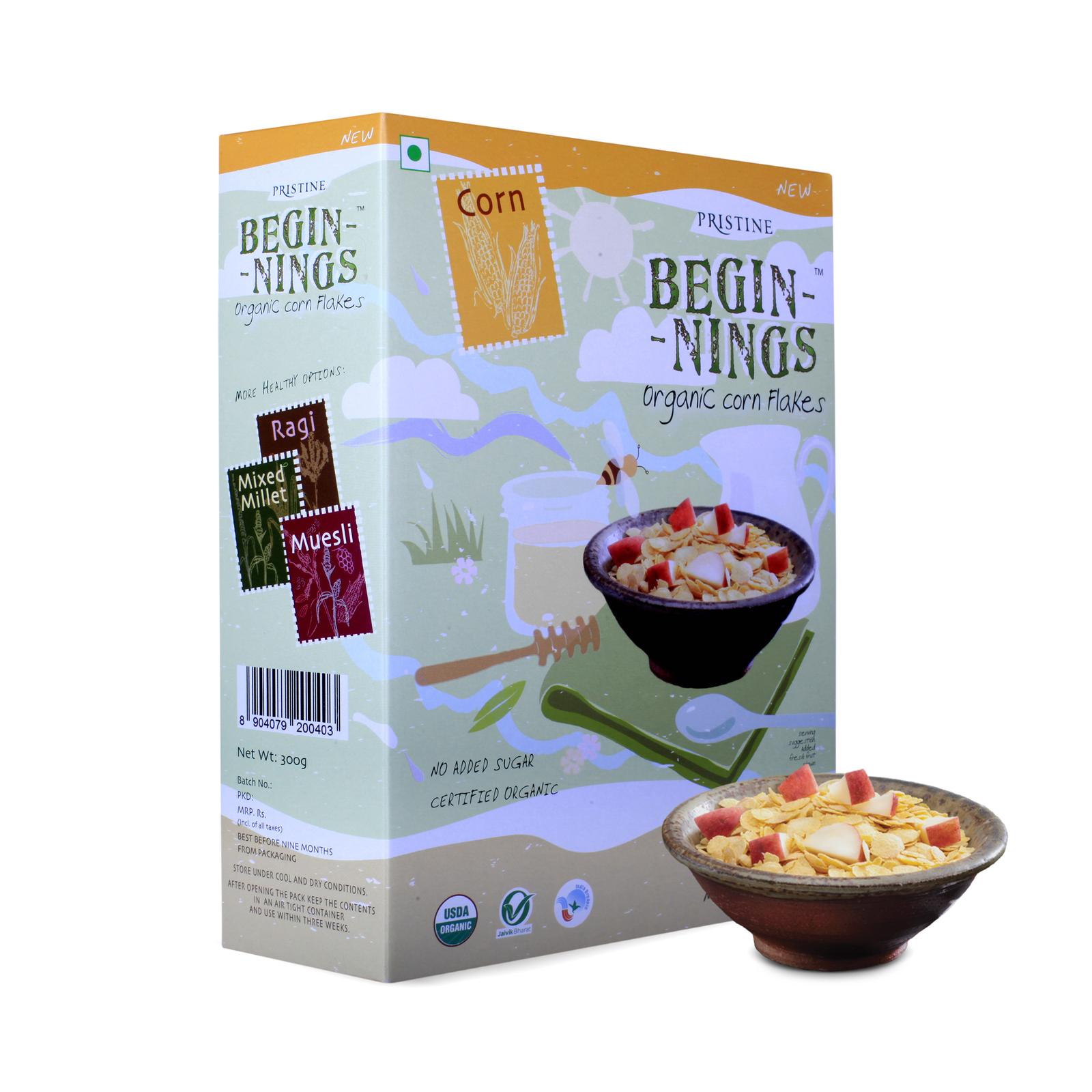
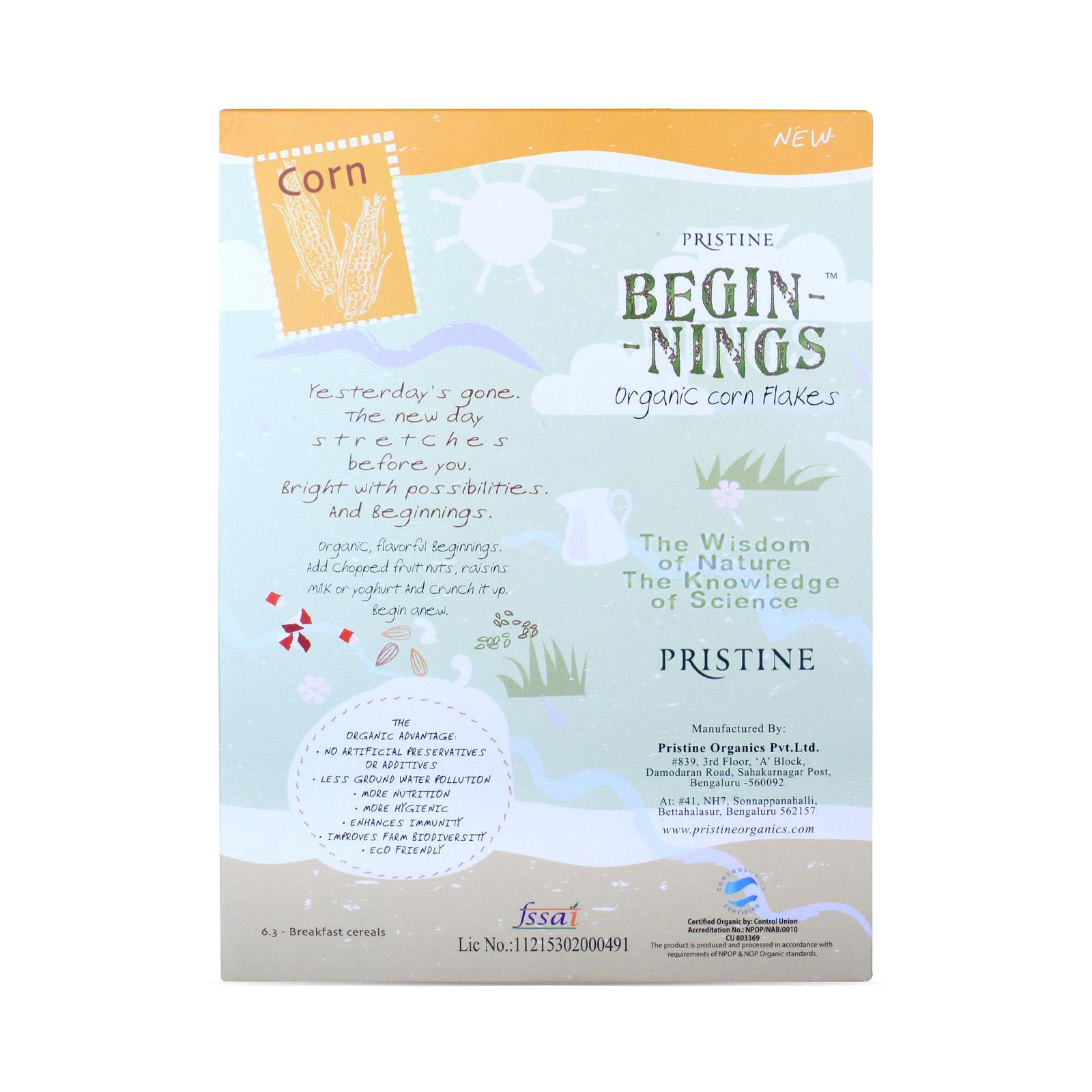
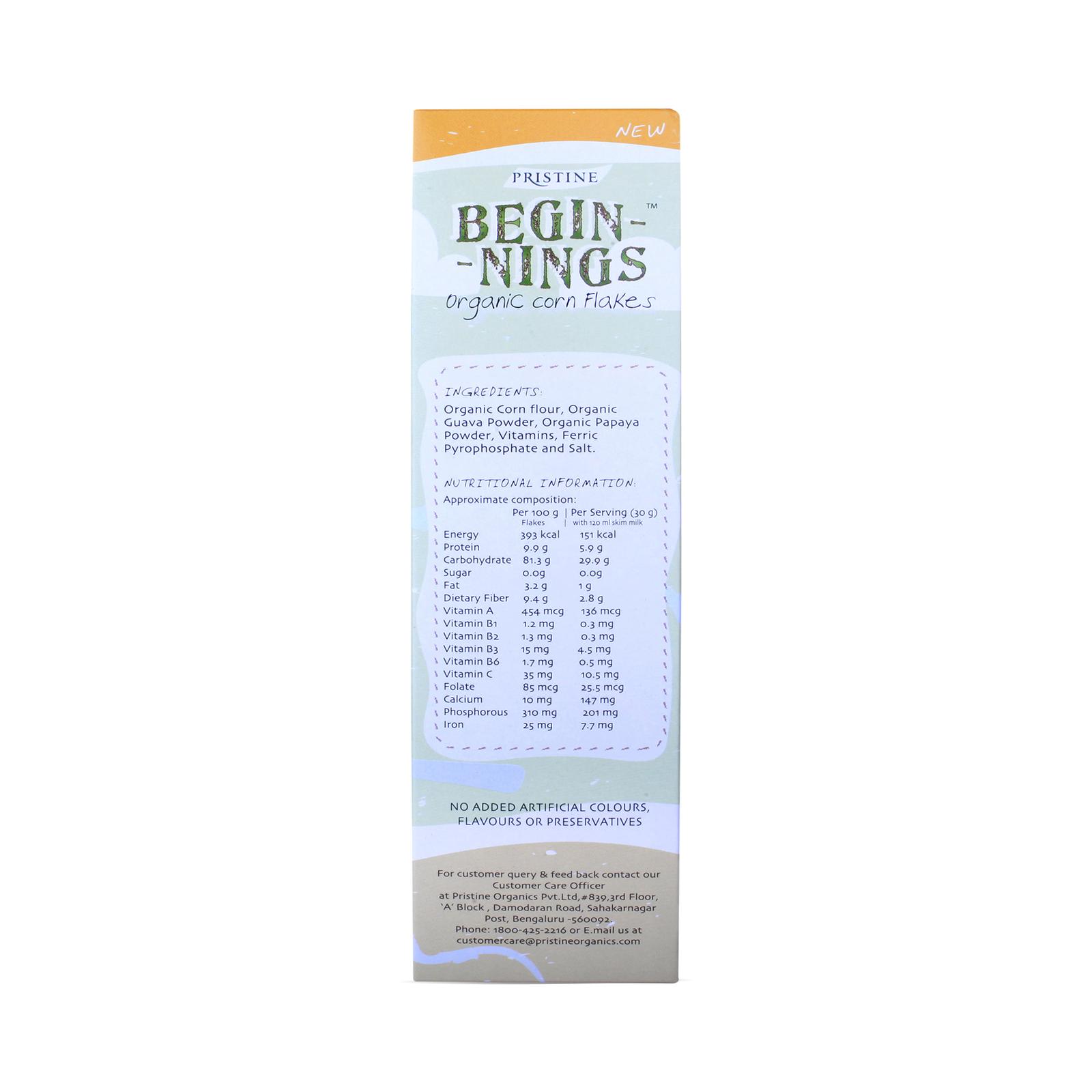
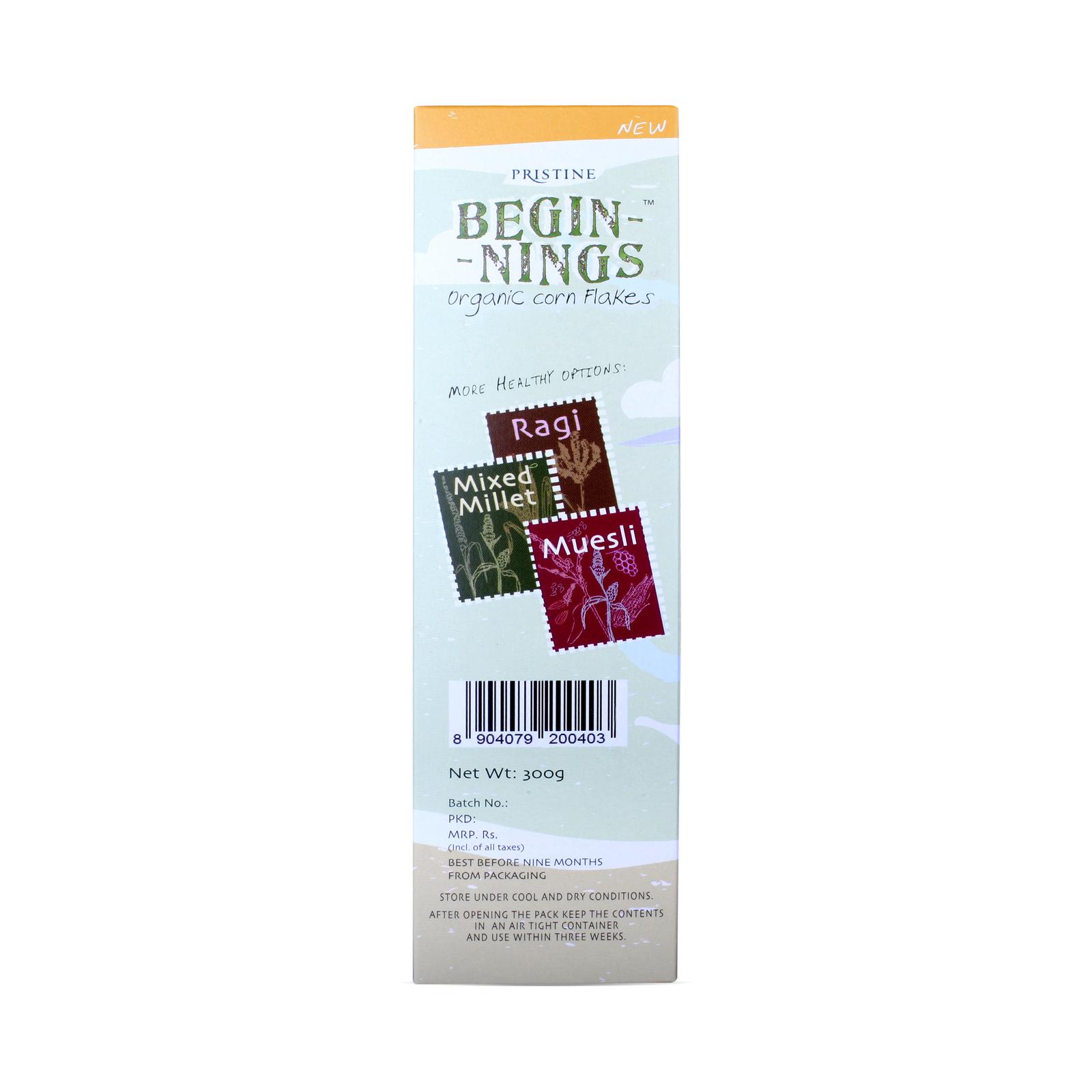
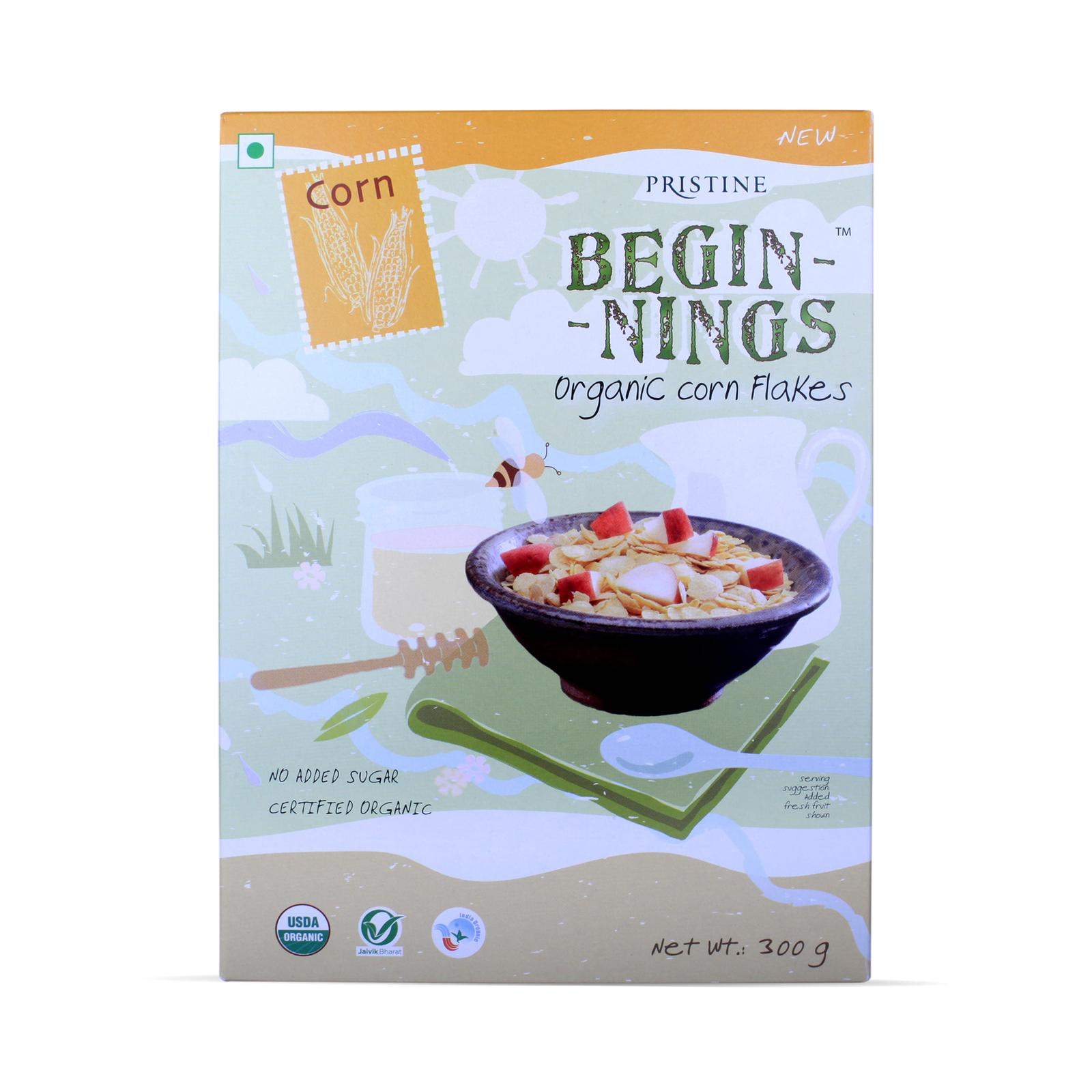

Reviews
There are no reviews yet.